What anyone with a disability would like most is to become productive, active and economically self-sufficient, so that s/he does not depend on the help of others.
But when s/he tries to enter the job market, s/he is often rejected. S/he then writes an inspiring CV highlighting his/her skills, and turns to workshops and trainings in the hope of improving his/her chances, and yet gets the same rejection; After several attempts, s/he becomes depressed and gradually turns into a socially isolated person, incapacitated and out of the job market.
In order to break this vicious circle, it takes courageous initiative from inspiring managers and businessmen to provide job opportunities commensurate with the capabilities of People with Disabilities (PwDs), and realize that hiring a person with a disability is a profitable investment in the loyalty of employees and workers, as well as in the reputation and image of the institution.
We do not deny that the capitalist has legitimate questions, such as: Can a disabled person stick to work and do the required tasks to the fullest? Are his/her sick days more frequent than the rest of the employees? If his/her health is stable, will s/he be able to arrive in a timely manner, given the current state of transportation infrastructure that does not support the mobility of the disabled? Does an elevator breakdown mean a work day lost?
These concerns are undoubtedly legitimate, but experience says that empowering any employee in proportion to his/her capabilities and believing in his/her abilities and skills will make him/her a productive and effective energy that can be relied upon and trusted in the most difficult circumstances.
Furthermore, according to the legislation in Syria, an employer in the private sector who employs a ratio of persons with disabilities above 2% of the total number of his/her employees benefits from a deduction on income tax in the amount of the minimum wage for each additional disabled person, that is, it is sufficient to employ one person with disabilities in a team of 30 Employees to get the tax deduction.
The world is full of stories of institutions that have succeeded in integrating people with disabilities into their work teams, however, in Syria there are very few companies equipped to accommodate and employ them. A restaurant in Damascus took the initiative to employ 8 people with Down syndrome in cooperation with the Juzour Association as part of the initiative, “Sucette” The results were inspiring. Another distinguished experience was of the “Ushra” camp project, which worked to empower and train about 20 persons with disabilities, so they became actors and founders of several media and community initiatives.
If you are a business owner, be an inspiration to others and accept the employment of a person with a disability, believe in him/her and support him/her, and you will find how sincere s/he is to work with you.

